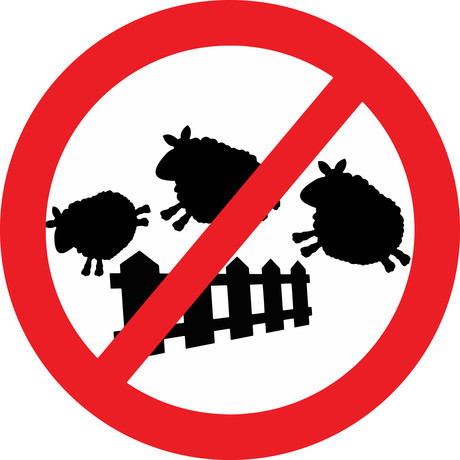NZ looks to upgrade food recall and risk management regs

New Zealand Food Safety is seeking feedback on proposals to strengthen food recalls and improve risk-based plans and programs.
The consultation is about setting clear expectations for food businesses in preparation for and during a recall, as well as providing more certainty by making the food safety requirements clearer and more accessible to all parties involved in the food system.
Consultation on the proposals to strengthen food recalls and risk-based plans and programs is open until 5 pm on 7 December 2018. A discussion paper that sets out proposals for potential regulations is among the consultation documents.
"Our food safety system is very important to all New Zealanders and has a strong reputation. It works to protect consumers from foodborne illnesses and to ensure food is safe and suitable. A key component of that reputation is that we are continually working to improve it," said the Head of New Zealand Food Safety, Bryan Wilson.
"The proposed regulations have their origins in the independent government inquiry into the Whey Protein Concentrate Contamination Incident (the WPC Inquiry) that occurred in 2013. The WPC Inquiry found that New Zealand has a world-class regulatory system but that some improvements could be made. The WPC Inquiry recommended both regulatory and non-regulatory improvements, most of which have already been made.
"One of the areas the WPC Inquiry identified for regulatory improvement is food recalls. This is about a business's ability to quickly trace and recall their products. Food businesses need to maintain readily accessible records of their food inputs and outputs. Another area identified for improvement is risk-based plans and programs — the key tool food businesses use to manage their food safety and suitability risks.
"We want to find the most effective ways to improve food recalls and risk-based plans and programs through implementing the lessons learned from the WPC incident. Adopting these requirements will decrease the impact of any unsafe food on consumers and also reduce costs during a food safety incident. We also want to avoid placing unnecessary compliance burdens on businesses, and we are consulting to understand what the impacts of these proposals would be on businesses," said Wilson.
Expanding beyond biscuits: Arnott's acquires Prolife Foods
The Arnott's Group has expanded its 'better-for-you' snacking portfolio with the...
FDA investigates PFAS in seafood
The US Food and Drug Administration (FDA) expands its investigation on per- and polyfluoroalkyl...
Cell-cultured quail moving closer to Australians' plates
FSANZ is undertaking a second round of consultation on a proposed approach to allow cell-cultured...














